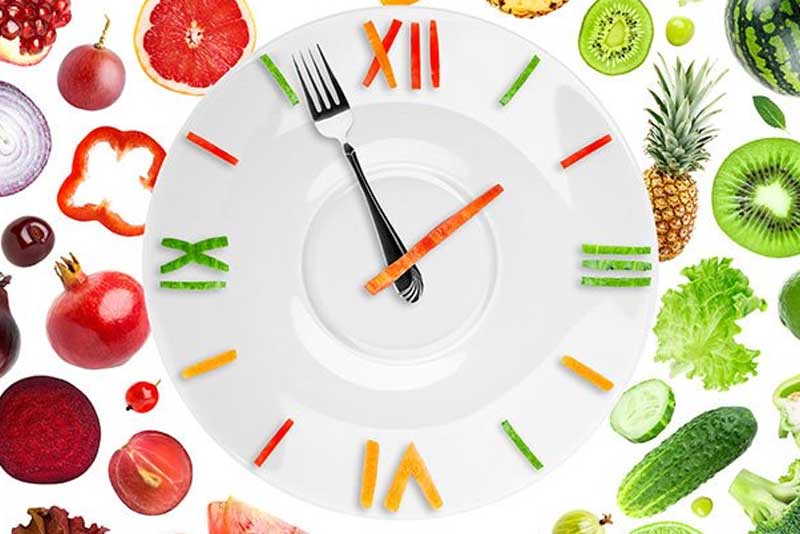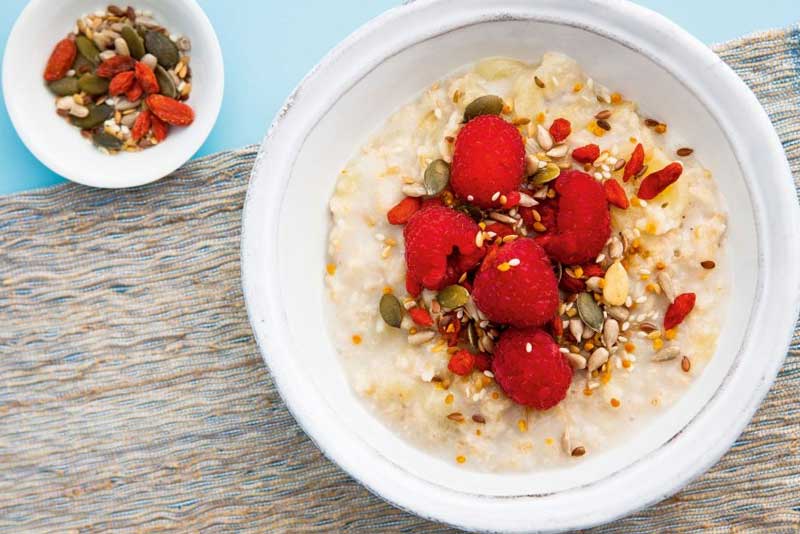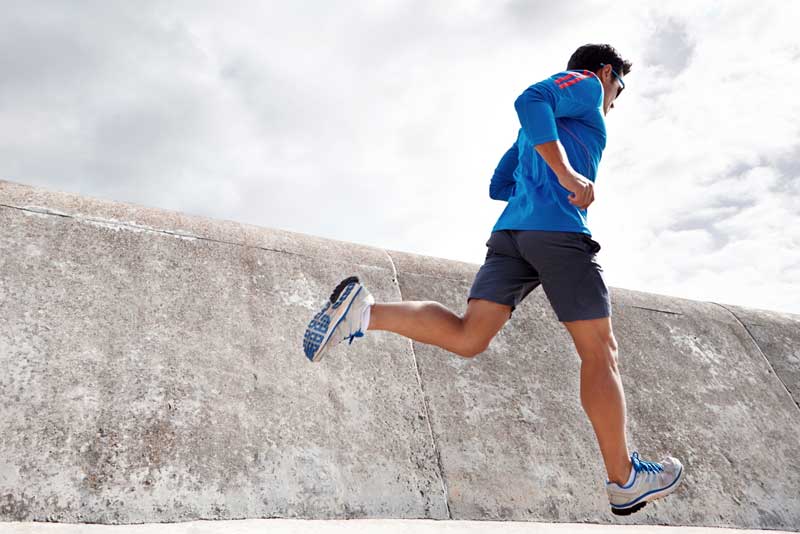
7 Smart Moves For Weight Loss
Losing weight – or keeping it off – can be tough. But with the easy-to-enact tips here, you'll have science-backed help in your corner.
- Exercise helps our body pump out endorphins. Endorphins are basically the body′s ′feel great′ drug so we get a natural high when we get moving.
- It gives you some YOU time. Let′s face it, life is busy with work, families and friends so by getting out...

The Type Of Diet That Burns The Most Calories
Pounding the pavement or moving tin might sound like the only way to burn calories, but your diet also plays a crucial role in metabolism. And now new research has confirmed one diet sticks out when it comes to increasing calorie expenditure.
According to a new study orchestrated by Boston Children's Hospital, in partnership with Framingham State University, eating fewer carbs actually increases the number of calories burned.
Readmore
5 Easy Ways to Rev Up Your Metabolism
Even before you start exercising, you can use plenty of tricks to eliminate visceral fat, improve your flab-burning metabolic process and start losing weight fast.
Eat Iron-Rich Foods
Iron is essential for carrying the oxygen your muscles need to burn fat. Unless you restock your store, you run the risk of low energy and a sagging metabolism. Shellfish, lean meats, beans, fortified cereals and spinach are excellent sources....
Readmore
Why You Should Skip The Free Food At Work
Is there anything better than a company-wide email saying "free treats in the kitchen, enjoy"? No, there definitely isn't, especially when you're battling 3:30-itis.
But unfortunately, while your afternoon cravings might be attended to, your rig won't be so happy.
According to research conducted by the Centres for Disease Control Prevention, most food provided at work is packed with sodium and refined grains while there is a lack of healthy options.
Readmore
Does Walking 1km Burn The Same Number Of Calories As Running 1km?
A kilometre is a kilometere right? Therefore it would make sense that whether you walked or ran, you would expend the same amount of energy to cover the same distance. By common logic, running would mean a slower rate of burning energy, but over an extended period of time, while running would mean burning energy faster, but over a much shorter time. Right?
Readmore
How Many Calories Do You Burn While You Sleep?
When you think of how to burn calories, sleep doesn't often come to mind. But your body is still burning them, even when you're sleeping. Studies have shown that your brain uses 20% of your calorie intake per day, and it continues to do this even when you're asleep.
"Burning calories [during sleep] is certainly necessary, because sleep is not a passive activity," says Mary Ellen Wells, director of Neurodiagnostics and Sleep Science at UNC School of Medicine.
Readmore